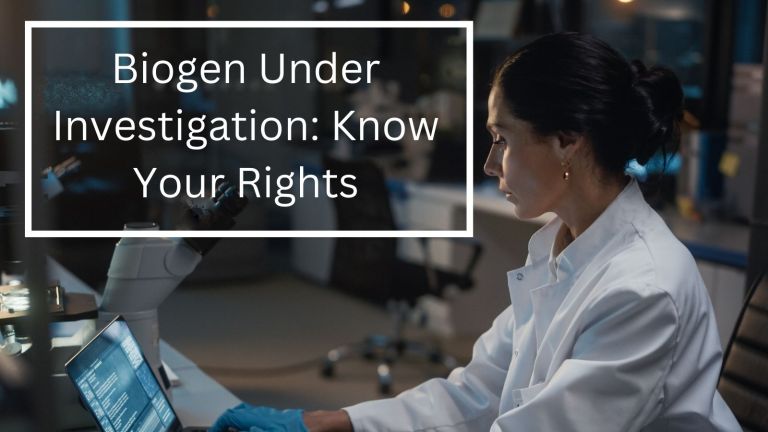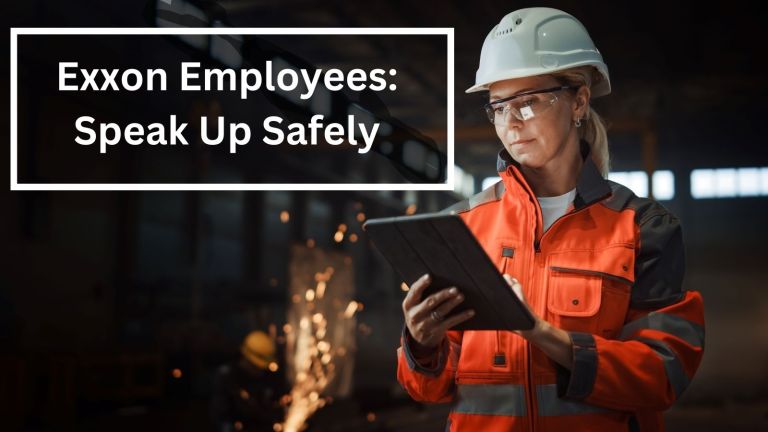Last month, Peiter “mudge” Zatko blew the whistle on Twitter to the Securities and Exchange Commission (SEC). Millions of people tuned in to hear Zatko testify before Congress that Twitter had violated multiple laws. Even assuming Zatko is right, and Twitter did engage in serious legal violations, it’s never guaranteed that the SEC will prosecute. In fact, even if the attorneys at the SEC investigate Twitter and decide prosecution is warranted, the decision is ultimately made by five SEC Commissioners who vote on the issue in secret. Not ospecianly is the vote itself held in secret, but the results are also kept secret. As a result, even if the investigating attorneys at the SEC confirm Zatko’s allegations and recommend prosecution, Twitter could escape prosecution because of the Commissioners’ vote and the public would never even know there was a vote in the first place. This is a problem.
How the SEC Chooses to Prosecute
The SEC is comprised of multiple departments that each play specialized roles when it comes to bringing an enforcement action. When a person reports a violation to the SEC, it is reviewed by the Office of Market Intelligence (OMI), which is responsible for monitoring and analyzing tip-offs about potential legal violations. If the OMI believes there is credible evidence of a violation, it will refer the information to a specialized unit in the SEC’s Enforcement Division. SEC attorneys in Enforcement Division, sometimes called ‘staff attorneys’, will begin an investigation to determine whether an enforcement action is warranted.
If the staff attorneys determine an enforcement action is warranted, it is not a decision made lightly. It is usually done after review of thousands of documents, on-the-record interviews and extensive deliberation. At base, staff attorneys only make a recommendation to bring an enforcement action when they have a clear view that prosecuting the company is warranted. The staff attorneys then make their recommendation to the five SEC Commissioners in a closed-door meeting, and the Commissioners then vote in secret on whether to accept the recommendation. This recommendation is the final say on whether a company is prosecuted or not.
The Commissioners’ Vote
The five SEC Commissioners are political appointees selected by the President. While the President can only appoint three Commissioners from one party, that still ensures that one party can have effective control over the vote with 3 of the 5 Commissioners. While Commissioners are not instructed by their party on how to vote, like judges, Commissioners’ views on legal issues are usually aligned with their party.
Not only is there a risk of political bias in the Commissioners’ vote, there is also a risk of personal bias that should not be ignored. Just last year, a Wall Street Journal investigation found that over 100 federal judges failed to recuse themselves in cases where they or their family had a financial interest. Similar issues could exist within the SEC, but so long as Commissioners vote in secret on enforcement issues, we don’t have the information to analyze whether there is bias affecting those decisions.
The Need for Transparency
Recently, the SEC has been criticized for becoming a partisan tool and questions have been raised about whether the SEC is purposefully selecting certain companies for prosecution over others. A key issue underlying both these critiques is the lack of information surrounding who escapes SEC prosecution and why. This is why enforcement votes need to be made public.
When it comes to law enforcement there is longstanding precedent that materials related to an investigation should remain confidential if their disclosure could interfere with an investigation. This makes perfect sense. If the Commission publicized when they intended to pursue a company, it could tip-off potential wrongdoers, and give them an opportunity to coordinate stories, intimidate witnesses or destroy evidence. However, when the Commission votes to shut down an enforcement action that was recommended by the staff attorneys, there is no investigation to interfere with. The very reason for the secrecy surrounding the vote is obviated.
Many companies facing SEC investigation are publicly aligned with political parties and are major donors to those parties. If Commissioners from one party were consistently nixing enforcement actions that involved companies aligned with their party, we would never know, nor could we find out about it. In the case of these votes, we cannot even begin to examine whether there might be a conflict of interests given that we have no information on the votes or the companies that benefit from them.
As the public does not know who is escaping enforcement actions, we are left in the dark as to whether Commissioners are exercising their power impartially or protecting party interests or personal interests. This concern is particularly acute when it comes to a major tech company like Twitter.
Twitter has been repeatedly cited as a company exercising major influence on public opinion in the US. To be clear, there is no reason to suspect that the Commissioners won’t exercise their judgment impartially when it comes to Twitter, but the fact that we will never be able to test that conclusion is troubling. If the Wall Street Journal’s investigation into federal judges can teach us anything, it’s that public oversight of the decisions of appointed officials is a healthy and necessary part of government.
The Upshot
The SEC has been a trailblazer when it comes to obtaining transparency from companies and this is an area where the SEC needs to practice what it preaches. The US remains the home of one of the world’s largest equity markets, but that position is not guaranteed in the long term. In order to maintain that position, the US needs to demonstrate that it can operate a transparent and fair system of regulation. Critical to this is providing transparency regarding which companies face prosecution and which don’t. In order to achieve this, the SEC needs to publish the votes where staff attorneys have recommended an enforcement action and Commissioners have declined the recommendation.
John Peterson is the Managing Attorney of FBR, a firm that focuses on representing whistleblowers. He has worked for almost a decade on financial crime and corruption cases around the globe. He regularly acts as an expert commentator in business and legal media on corporate crime and international corruption issues.

















